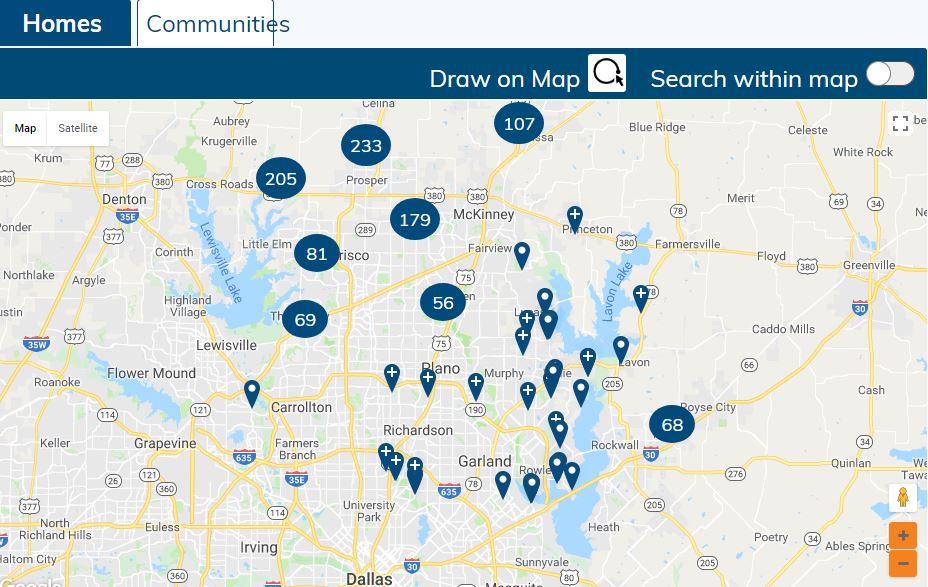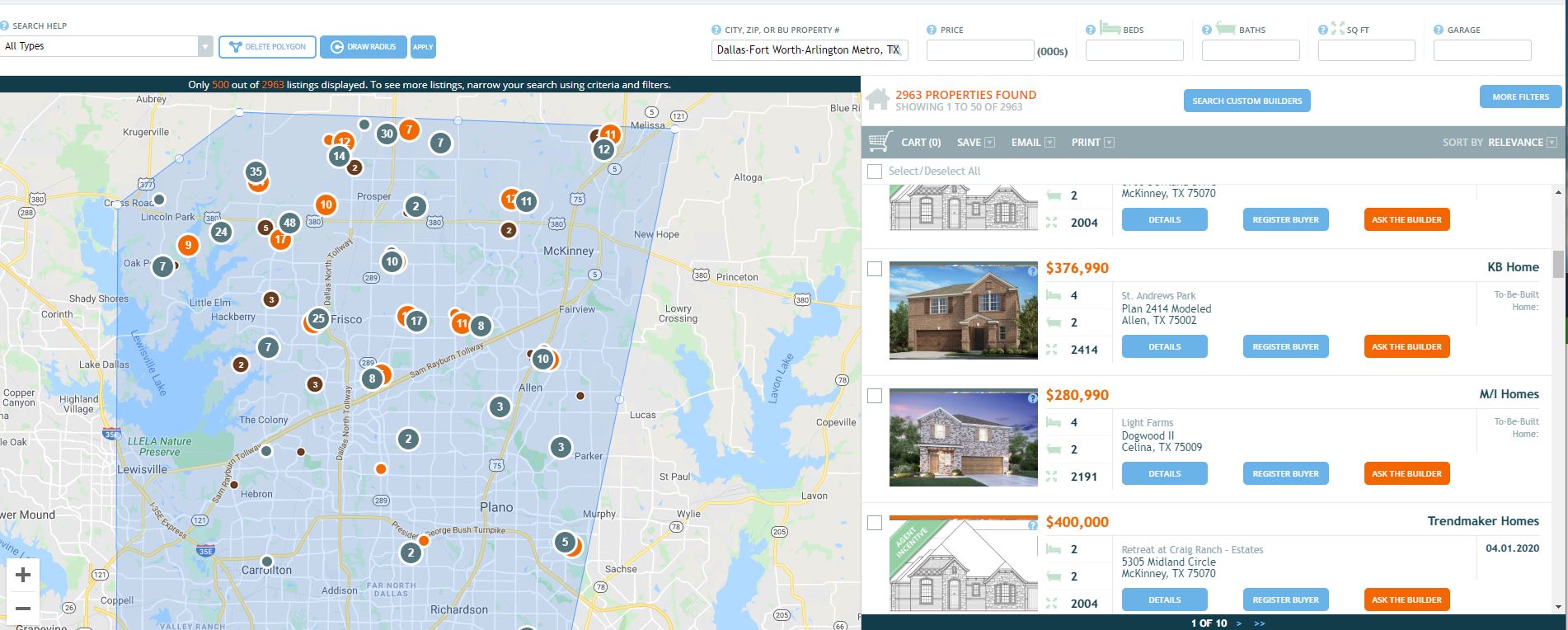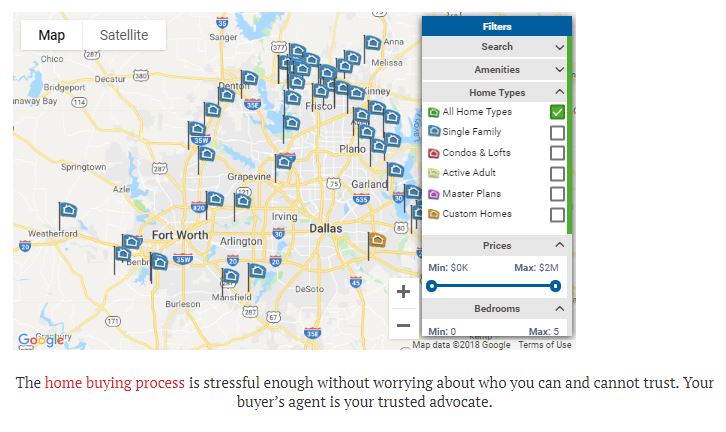When you're house hunting, the allure of new construction is undeniable. You get to be the first to live in the pristine home—one untouched by grimy hands or muddy shoes. It's full of brand-new appliances and the finishes and treatments that you picked to fit your aesthetic. And you won't have to worry about making any cosmetic or structural upgrades for years.
If you are interested in buying a new construction, the builder's agent will be ready to help you with the process. But make no mistake: You need your own real estate agent from the get-go. Even if it seems like plug and play to sign up with the builder's on-site agent, you're going to want someone representing your side of the deal.
What is a builder's agent?
When you buy a new construction, the home's builder is considered the seller, and the agent representing the builder is called the builder's agent.
After all, the job of the builder's agent is to get the highest price for the homes the builder is selling so the agent is not going to be as eager to negotiate down.
Why you should hire your own real estate agent
It's a good idea to have your real estate agent accompany you on your first visit to the new construction. Why? Because the builder (aka the seller) will be responsible for paying the commission, and needs to know if you'll have a real estate agent representing you. So bringing your agent to the first visit will make it clear that the builder's agent will be on the hook for paying commission. Some builders might even refuse to pay your agent a commission if you don’t register the agent the first time you visit the home on a new construction site.
“Your real estate agent's job is to help you get the most value for your money, with the least hassle and frustration,” says Patrick Welsh, a real estate agent with Keller Williams, in Houston.
When buying new construction, here’s what your real estate agent will help you with that you might miss out on if you stick with the builder’s agent:
- Negotiating extras: Want upgraded counters or appliances in that new home? Your agent can help you with all those extra perks, amenities, and upgrades. “We can often negotiate with the builder on things like paint color or even the style of garage door, especially if the housing development is in the beginning stages,” Walgrave says.
- Recommending financing: A builder typically will have a “preferred” lender that it will try to steer you to, but your real estate agent can help make sure that you’re getting the mortgage that works best for your situation. Shopping around is always wise, and you don’t want the builder’s agent pressuring you into using their suggested professional unless it’s right for you.
- Overseeing a home inspection: Tempted to forgo a home inspection in new construction? Don’t do it, advises Welsh. “The number and severity of new-home defects often rival resale home problems,” he says.The builder’s agent is unlikely to push for or offer up an inspection, so it's up to you and your real estate agent to make it happen.
How the builder's agent can help you
All that said, the builder's agent can be a valuable resource for learning about your potential new home.
“They are knowledgeable about the construction and available amenities, as well as the housing development and general community vibe,” says Walgrave. You can rely on the builder's agent for background information—just don’t make this individual your sole point of contact on the buying and selling process.
Everyone wants to walk away from buying a home—whether it be a new construction or not—with peace of mind. Having a real estate agent in your corner will help facilitate that.










